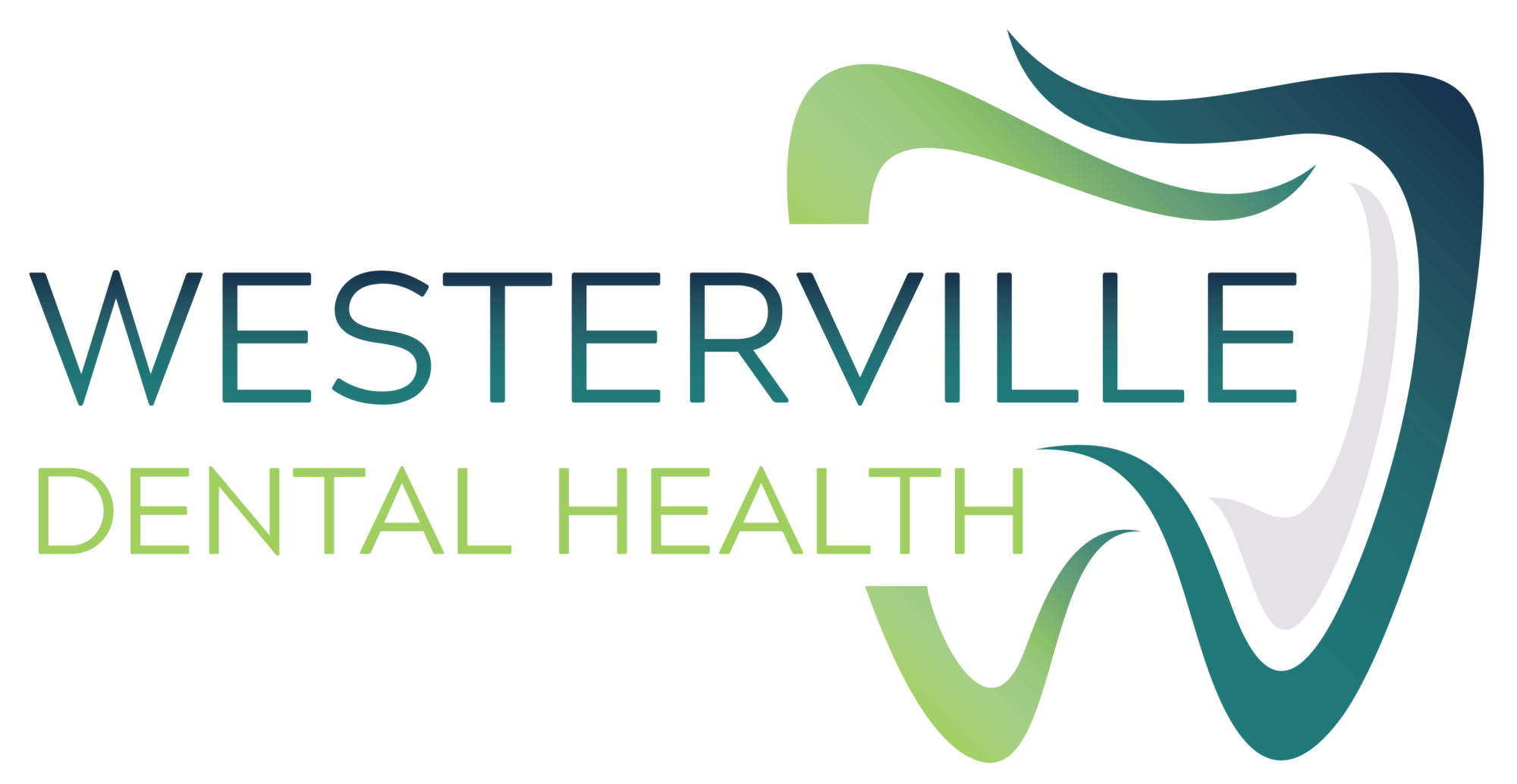Your Questions, Answered
What happens during a hygiene appointment?
During your appointment, you will receive a thorough exam. Our dental hygienists will begin with a general cleaning, before Dr. Malik conducts a more in depth examination of both your teeth and gums, devising a treatment plan. Our administrative staff will help with all of the insurance logistics, providing a clear and concise estimate detailing your chosen treatment plan.
What does an appointment cost?
Insurance covers most preventative procedures, like cleanings and general checkups. We will help you decipher what your insurance does and does not cover to find a clear and affordable solution, creating the best treatment plan for your needs. If you do not have insurance, we can assist you with more information on treatment options and financing.
Will I need x-rays?
The average patient needs x-rays taken once a year. We use cavity detecting and bite-wing x-rays once a year an panoramic x-rays once every five years. Patients with gum disease may need x-rays as often as every six months, depending on the severity of their case. These cases are usually referred to a specialist to assist you with more information on treatment options and financing.
How often should I visit the dentist?
We recommend you visit us every six months for regular cleanings. Patients suffering from periodontal disease may require more frequent visits, which will be outlined in their treatment plan.
When should a child have his/her first dental appointment?
Typically, we recommend that a child begin seeing a dentist either around the age of three, as the pediatrician should have discussed dental hygiene when the first tooth erupted, usually around six months.
Is it mandatory for a parent to attend the appointment?
All minors under the age of 18 must be accompanied by their parent or legal guardian.
What are some signs that I should see a dentist?
If you experience any of the following symptoms, you should schedule an appointment with us as soon as possible:
Redness or sensitivity
Swollen gums
Broken teeth
Jaw pain
Mouth sores
Swollen face
Dry mouth
Bleeding gums
Bad breath
What insurance plans do you accept?
We would love to talk to you about the insurances we are in network with and our payment options. Give us a call for more information.
Why is flossing important?
Each day, food and plaque form around each tooth, and they require more than simply brushing to remove. This is where flossing becomes so important, as it will remove any leftover plaque. Brushing only cleans the sides and tops of teeth, not between them.
Why is fluoride important?
Fluoride serves to strengthen your teeth and protect them from forming cavities. Fluoride treatments are notoriously great for children as their teeth develop, but are utilized with our adult patients as well.
What are sealants?
Sealants create a protective cover on the chewing surface of your back teeth, creating a safeguard against food or plaque that can get lodged into the uneven surface of your tooth. It’s an incredibly popular and painless procedure that lasts for years.
What is periodontal disease?
Periodontal disease is the specific term for gum disease. It can be quite serious because it often does not begin to show symptoms until later stages, leaving only professional detection as a means for early protection. This is another reason why it is essential to schedule regular appointments with your dentist, even if you feel fine.
What do you recommend for teeth whitening?
While a challenge on its own, teeth whitening is actually a relatively simple procedure with the right products. Dentists are able to use stronger solutions than at-home treatments with a peroxide base to offer quick, painless, and effective treatment.
What do bleeding gums mean?
When your gums bleed, it is usually indicative of gum disease. This can ultimately result in tooth loss if untreated, so if your gums begin to bleed, schedule a visit today so we can begin treatment immediately!
